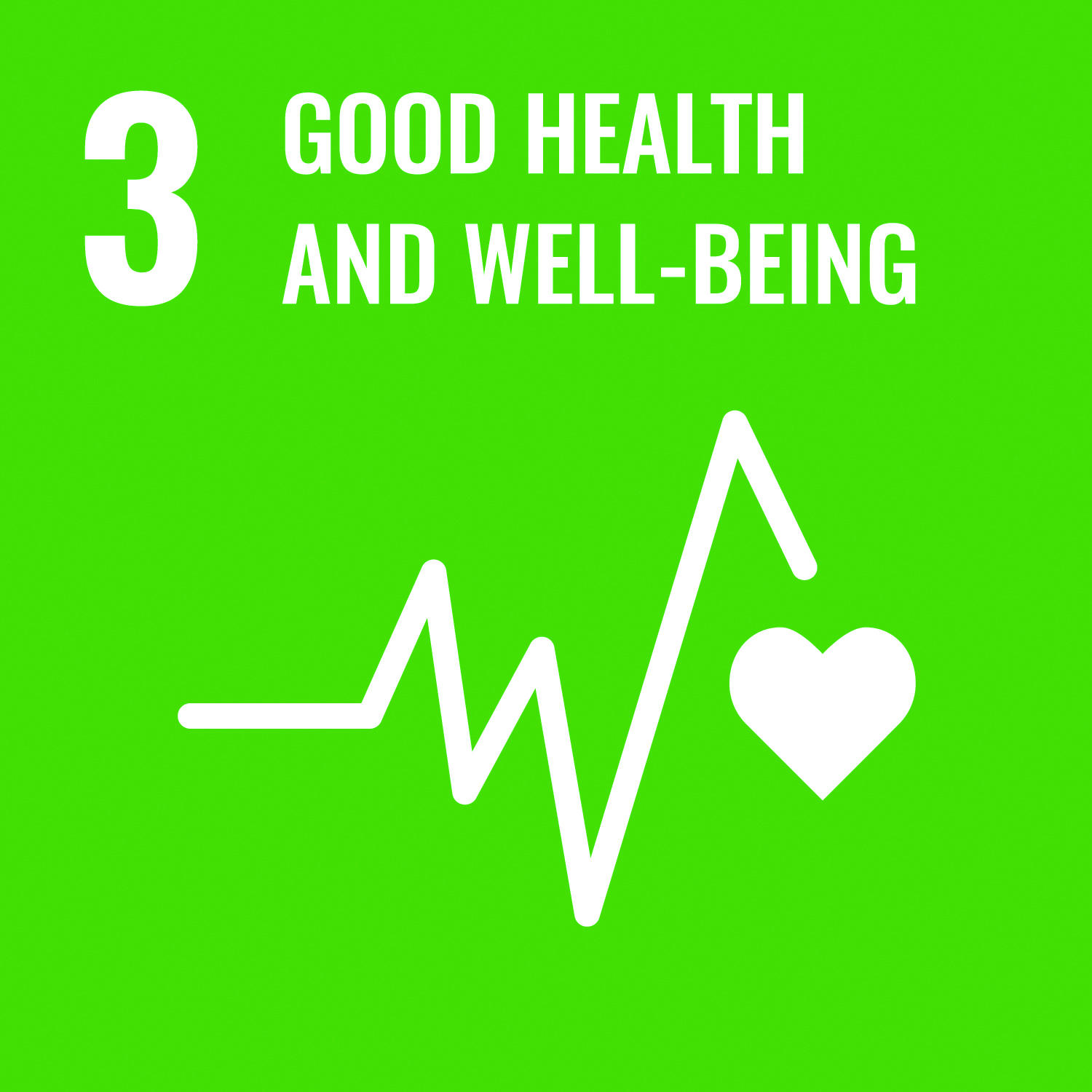
 Unesco’s third Sustainable Development Goal (SDG), ‘Good Health and Well-being’, aims to ensure healthy lives and promote well-being for all and at all ages. However, Covid-19 is having a devastating impact on the mental and physical health of many families globally (see: www.un.org/sustainabledevelopment/health).
Unesco’s third Sustainable Development Goal (SDG), ‘Good Health and Well-being’, aims to ensure healthy lives and promote well-being for all and at all ages. However, Covid-19 is having a devastating impact on the mental and physical health of many families globally (see: www.un.org/sustainabledevelopment/health).
Early years practitioners are ideally placed to raise awareness in their communities about the importance of healthy lifestyles and people’s right to quality health care. They can also build on the sense of community that we have seen during the pandemic, as communities showed resilience and co-operation, and children showed their appreciation of the NHS by displaying drawings of rainbows.
Register now to continue reading
Thank you for visiting Nursery World and making use of our archive of more than 35,000 expert features, subject guides, case studies and policy updates. Why not register today and enjoy the following great benefits:
What's included
-
Free access to 4 subscriber-only articles per month
-
Unlimited access to news and opinion
-
Email newsletter providing activity ideas, best practice and breaking news
Already have an account? Sign in here
